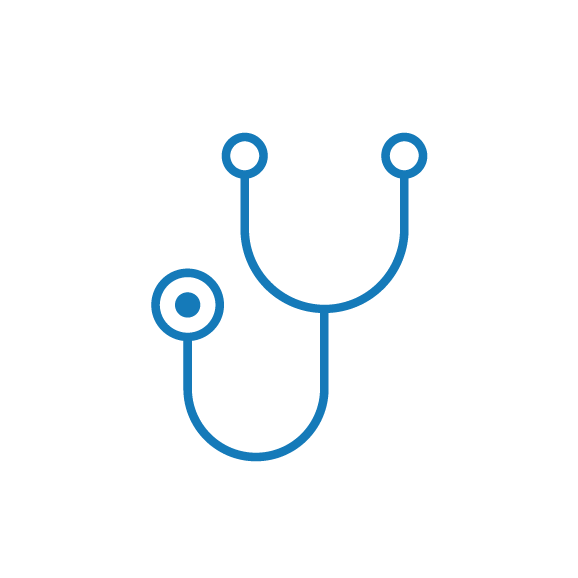Improving Care, Controlling Costs
Older adults ages 85 and up have the highest per capita utilization of health services, and this population is expected to rise to 9 million by 2030 according to the National Institutes of Health. To manage utilization while maintaining quality of care, VHAN is introducing the Geriatric Resources for the Assessment and Care of Elders (GRACE) Program, an evidence-based model to improve quality while controlling costs for older patients with complex care needs.
The GRACE model, which deploys a multidisciplinary team to meet health and social needs, works best under value-based payment arrangements. Every patient is assigned a support team, including an RN or NP and social worker, who work closely with the patient, caregivers and the patient’s primary care physician.
Assessments, Care Plans and Other Support
Support from the team includes:
- Performing an in-home geriatric assessment of the needs of each patient
- Developing an individualized care plan, based on evidence-based care protocols, with input from a larger interdisciplinary team that includes a geriatrician, pharmacist and mental health social worker
- Collaborating with the primary care physician to review and implement the care plan
- Improving proactive coordination across specialty providers and care settings, including transitional care from a hospital or SNF to home
- Using integrated EHR documentation and communication with physicians
The GRACE program has a proven track record of success. Among high-risk patients, those enrolled in GRACE compared to typical care had fewer emergency department visits, decreased number of hospitalizations, fewer hospital readmissions and reduced hospital costs.
Looking for more stories of network impact? Visit vhan.com/impact




